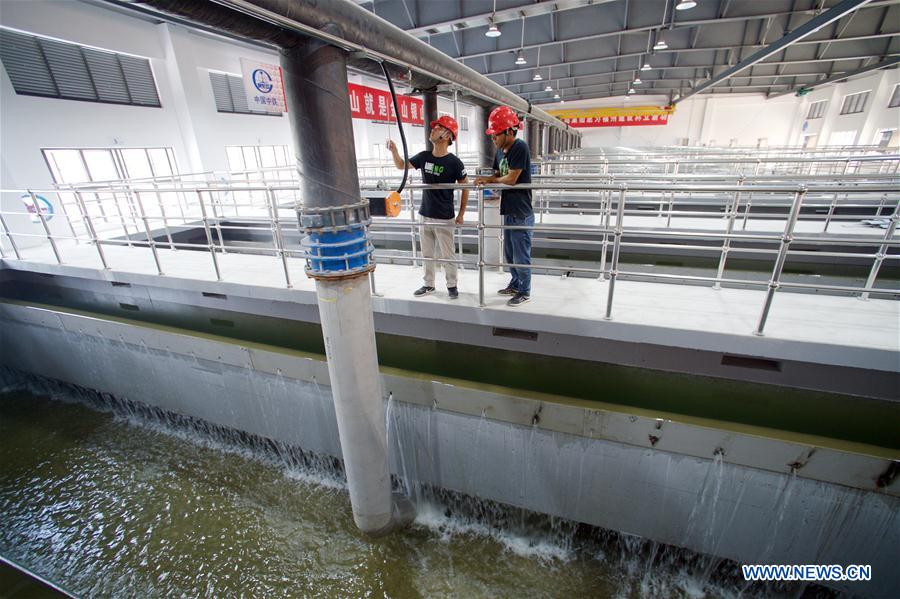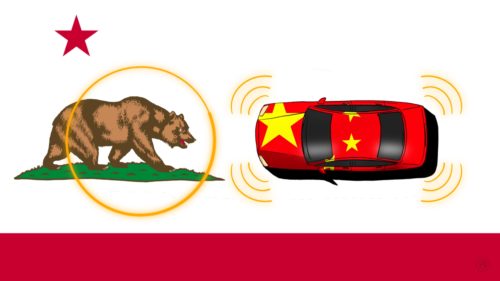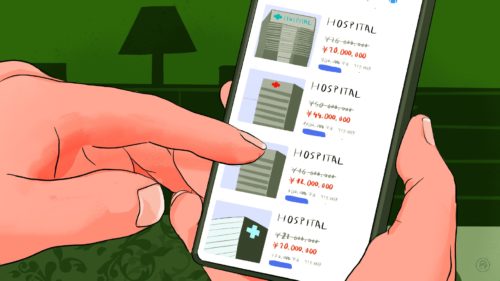China gives ‘sewage surveillance’ a shot as part of its own war on drugs

A recent Scientific American article details China’s use of wastewater-based epidemiology (WBE) — the process of chemically analyzing sewage water for specific substances — in its anti-drug campaign. WBE is an established public health measure, but China is the first country using the technique to track down drug manufacturers.
- One arrest has already been made, in the southern city of Zhongshan, of the manufacturer of an unidentified drug based on their sewage trail.
- The central and local governments will spend $1.5 million on wastewater monitoring efforts by the end of the year. Peking University environmental chemist Li Xiqing “expects the figure to at least double annually for the next few years,” and “says a handful of cities are planning to use data from waste water to set targets for police arrests of drug users, some as early as next year,” Scientific American says.
- “Solely relying on traditional methods of monitoring changes in drug use, such as the number of arrests of users or the number of drugs being seized by police, can be misleading because they are indirect measures,” according to Zhang Lei, an environmental policy researcher.
- President Xi Jinping is a strong proponent of China’s war on drugs, stating that drug enforcement is essential to “national security and the welfare of the Chinese people.”
- The nuts and bolts still need to be sorted out. Officials are not yet sure how they will utilize the data they collect from WBE. Additionally, WBE carries a host of privacy concerns, a fact that does not dissuade most Chinese officials one bit, but which puts up a major roadblock for similar implementation in other countries.





